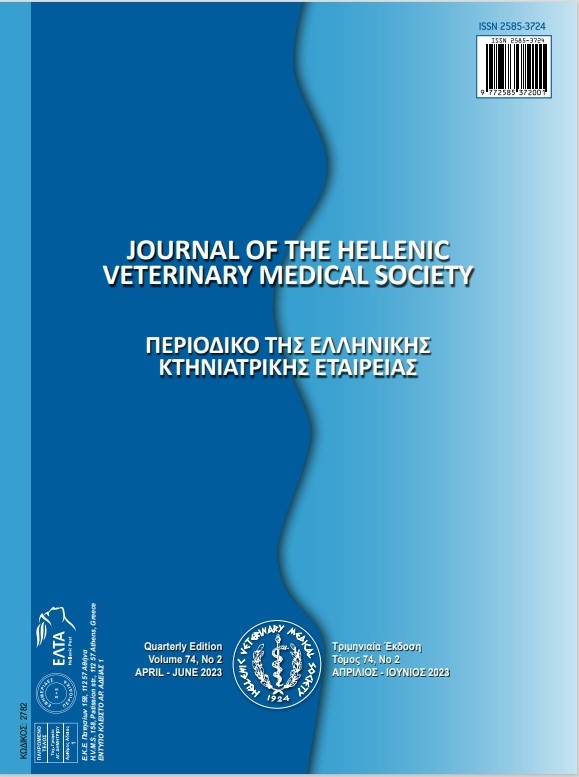Comparison of synchronisation protocols on pregnancy rate in dairy cows and heifers: A systematic review and network meta-analysis

Résumé
Estrus synchronisation protocols are used as an essential strategy in the reproductive management of dairy herds, including Ovsynch, Presynch, Selectsynch, Heatsynch, Cosynch, Double-Ovsynch, and some other combinations of these, while the optimal protocol is still uncertain. We performed a network meta-analysis (NMA) to compare the efficacy of the synchronisation protocols in dairy cows and heifers. Pubmed, Scopus, Web of Science, Cabi Direct, and The Cochrane Library were searched up to May 13, 2019. The comparison of synchronisation protocols in terms of pregnancy rate was done by combining direct and indirect evidence. Ranking the synchronisation protocols were conducted by using surface under the cumulative ranking curve (SUCRA). 48 randomized trials involving 9 different protocols were included. Compared with the control group, none of the synchronisation protocols were more effective in pregnancy rate at first insemination. Presynch+Ovsynch was found to be more efficient than Ovsynch (RR=1.21, 95% CI:1.04-1.40), also Presynch+Ovsynch and Presynch+Heatsynch were superior to Presynch+Selectsynch (RR=2.01, 95% CI: 1.03-3.93 and RR=1.91, 95% CI: 1.21-3.01). In conclusion, presynchronisation strategies such as Presynch+Ovsynch increase the effectiveness of pregnancy rate at first insemination related to other synchronisation protocols. Nevertheless, the non-superiority of the synchronisation protocols against not applying any hormonal treatments should be considered in reproductive management in dairy herds.
Article Details
- Comment citer
-
Ambarcioglu, P., Mavridis, D., Yazlik, M., Vural, R., Akcil Ok, M., & Gürcan, S. (2023). Comparison of synchronisation protocols on pregnancy rate in dairy cows and heifers: A systematic review and network meta-analysis . Journal of the Hellenic Veterinary Medical Society, 74(2), 5657–5666. https://doi.org/10.12681/jhvms.29829 (Original work published 5 juillet 2023)
- Numéro
- Vol. 74 No 2 (2023)
- Rubrique
- Research Articles

Ce travail est disponible sous licence Creative Commons Attribution - Pas d’Utilisation Commerciale 4.0 International.
Authors who publish with this journal agree to the following terms:
· Authors retain copyright and grant the journal right of first publication with the work simultaneously licensed under a Creative Commons Attribution Non-Commercial License that allows others to share the work with an acknowledgement of the work's authorship and initial publication in this journal.
· Authors are able to enter into separate, additional contractual arrangements for the non-exclusive distribution of the journal's published version of the work (e.g. post it to an institutional repository or publish it in a book), with an acknowledgement of its initial publication in this journal.
· Authors are permitted and encouraged to post their work online (preferably in institutional repositories or on their website) prior to and during the submission process, as it can lead to productive exchanges, as well as earlier and greater citation of published work.


